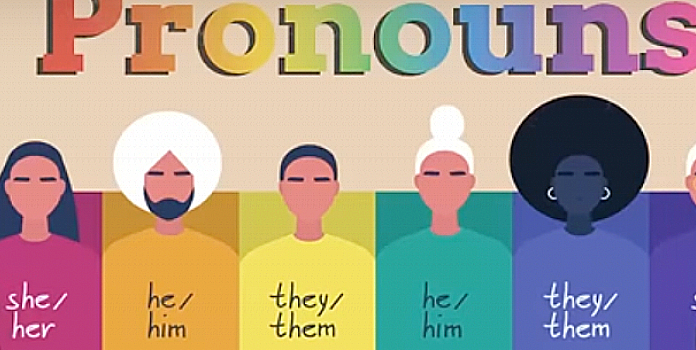(Corine Gatti, Headline USA) Diversity, equity and inclusion measures are facing declining support from workers who are becoming less concerned about a diverse workplace and more concerned about working in a woke workplace.
“There are people who say, ‘I really wish we were more diverse,’ and I’ve also seen people say, ‘Stop being so woke,’” Sarah Sharp, a vice president of human resources at Clayton, a homebuilder based out of Tennessee, told the Wall Street Journal.
A recent poll reinforced the downturn of support for ethnically diverse workplaces.
The majority of workers didn’t believe that having an ethnically diverse workplace was important, while an equal mix of men and women was also not deemed important by the majority, a May Pew Research Center survey found. Only 32% of workers believed that working at an ethnically diverse place was “very important” to them, while 38% said it was “not too/not at all important.”
The same poll revealed that 26% of workers valued gender equality in the workplace, with an even distribution of men and women being considered “very important.” However, a significant 44% of respondents did not share that sentiment.
The debate around DEI in the workplace was an issue before the recent Supreme Court ruling against race-based admissions in colleges and universities. The Daily Caller reported that of “140 human resource heads surveyed, 59% plan to increase their DEI budgets in the next year, while 84% had responded they would in 2022.”
The Supreme Court’s ruling on racial preferences may impact private-sector hiring practices, and prod corporate America to reconsider its diversity, equity and inclusion initiatives.
Manhattan Institute Policy Analyst Renu Mukherjee told the news outlet, the ruling is “likely to give corporate America, which itself has embraced race-based hiring/promotions and [diversity, equity and inclusion], pause.”
While he was quick to backtrack an affront to DEI and ESG orthodoxy, BlackRock CEO Larry Fink recently slipped and reportedly disavowed the “ESG” label after years of commitment to woke capitalism.
According to GianCarlo Canaparo from the Heritage Foundation’s Edwin Meese III Center for Legal and Judicial Studies, there may be a rise in litigation if employers continue to implement these diversity types of programs.
“The threat of increased litigation might discourage some employers from using racially discriminatory practices,” he said. “But others will do it anyway, treating the risk of a civil rights violation as an acceptable cost of their ideology.”

